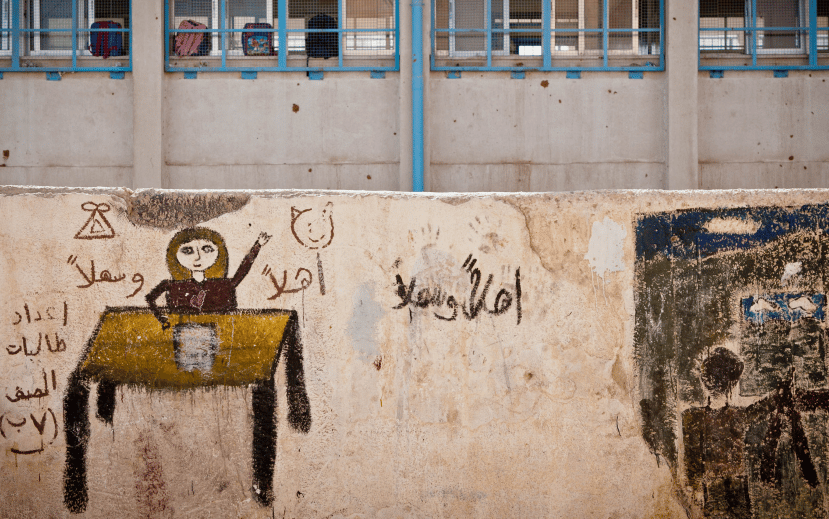In this commissioned report, “UNRWA, Funding Crisis and the Way Forward ” Postdoctoral Researcher Kjersti G. Berg (Chr. Michelsen Institute, CMI), Senior Researcher Jørgen Jensehaugen (Peace Research Institute Oslo, PRIO) and Senior Reseacher Åge A. Tiltnes (Fafo) examine how the recent funding deficit has impacted UNRWA and explore the future of the Agency and its services by considering hypothetical scenarios.
Dating back to the 1948 Arab–Israeli war, UNRWA (United Nations Relief and Works Agency for Palestine Refugees in the Near East) activities cover education, health, relief and social services, as well as humanitarian assistance through emergency appeals, microfinance, infrastructure and camp improvement, and protection. This CMI report provides data on the depth of UNRWA activities, as well as pointing to signs of deteriorating service delivery.
In light with these challenges, the report identifies and analyses 12 possible future scenarios, including for example operations continue as they are, cuts to various services, modernisation measures to improve efficiency, alteration of mandate to more closely align with the international refugee regime, increased funding or ultimately the collapse of UNRWA. The most likely scenario discussed is the continuation of current austerity measures and a consequent deterioration of services, which the report warns has the potential to further harm the refugee population.
In conclusion, the report reminds the international community of the responsibility for creating the refugee problem and thus finding a solution. Despite the weakness of UNRWA in finding durable solutions to the Palestine refugee predicament, the report acknowledges the Agency’s political significance “as a symbol of the refugees’ right of return and the international responsibility for their predicament”. On a final note, the report highlights the failure of UNRWA as a reflection of the failure of the UN and the international community, and urges in-depth studies looking at UNRWA’s actual and potential roles in the Middle East to facilitate conversations among UN member states.
Read the full report here.
